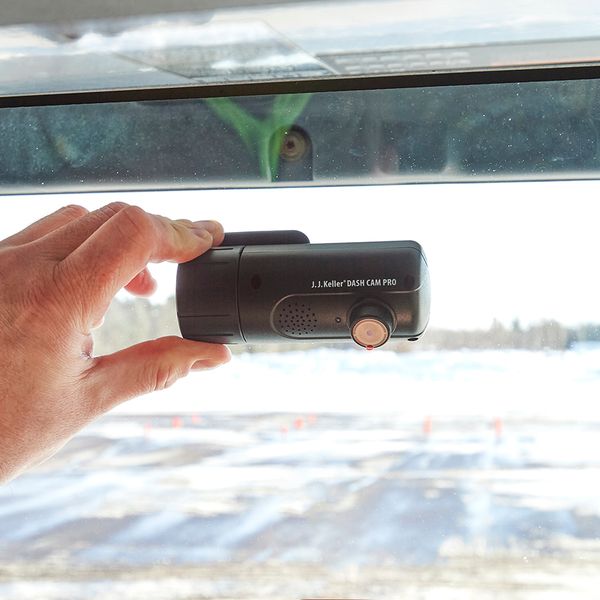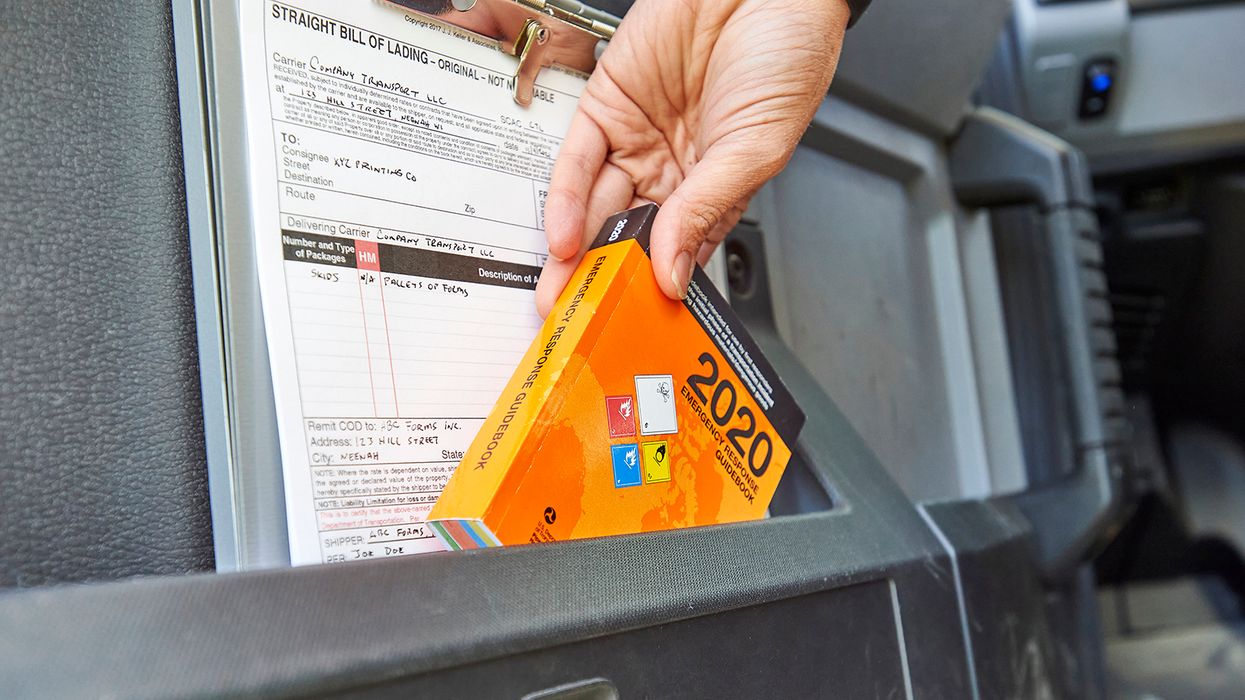Workplace surveillance the subject of new legislation
On February 3, a group of U.S. senators introduced legislation called the “Stop Spying Bosses Act,” intended to protect workers from invasive surveillance by employers.
A news release issued by the cosponsors of the bill says, “Across the country, workers are being tracked, monitored, managed, and disciplined by invasive and exploitative technologies. The use of workplace surveillance continues to spread with little oversight, accountability, or transparency due to an imbalance of power in the workplace and a lack of legal protections or regulatory restrictions on these behaviors. Without oversight, more and more intrusive technologies will be implemented in the workplace.”
Details of the “Stop Spying Bosses Act”
Specifically, this bill would:
- Require any employer engaging in surveillance and collecting data on employees or applicants to disclose such information in a timely and public manner;
- Prohibit employers from collecting sensitive data on workers (i.e., off-duty data collection, data collection that interferes with organizing, etc.);
- Create rules around the usage of automated decision systems to empower workers in employment decisions; and
- Establish the Privacy and Technology Division at the Department of Labor to enforce and regulate workplace surveillance as novel and emerging technologies.
A federal agency weighs in on surveillance, too
While the bill is not likely to pass in a divided Congress, it is a sign that workplace surveillance is on the federal government’s radar. The National Labor Relations Board (NLRB) is also beginning to address the issue.
The use of worker surveillance became more prevalent during the COVID-19 pandemic due to high numbers of employees transitioning to remote work situations for the first time. The NLRB’s general counsel, Jennifer Abruzzo, recently said in a memo that companies have overreached with their aggressive surveillance.
Abruzzo recommended that the NLRB impose a requirement that employers tell workers about the surveillance tools they use to monitor them, the justifications for those tools, and how they use the information they collect from workers.
Abruzzo’s primary concern is how surveillance interferes with workers’ rights to engage in union organizing.
In the past, the NLRB has ruled that certain kinds of tracking are already illegal, such as surveillance that implies the possibility of retribution for union activities. Employers cannot monitor certain organizing efforts whatsoever. But Abruzzo argues the NLRB needs to go even farther, as even the fear of potential surveillance can inhibit workers’ rights.
Key to remember: Employers who are using electronic surveillance to monitor and track their employees may want to review their practices as the federal government is looking for ways to enforce existing laws or expand worker protections when it comes to workplace surveillance.






















































